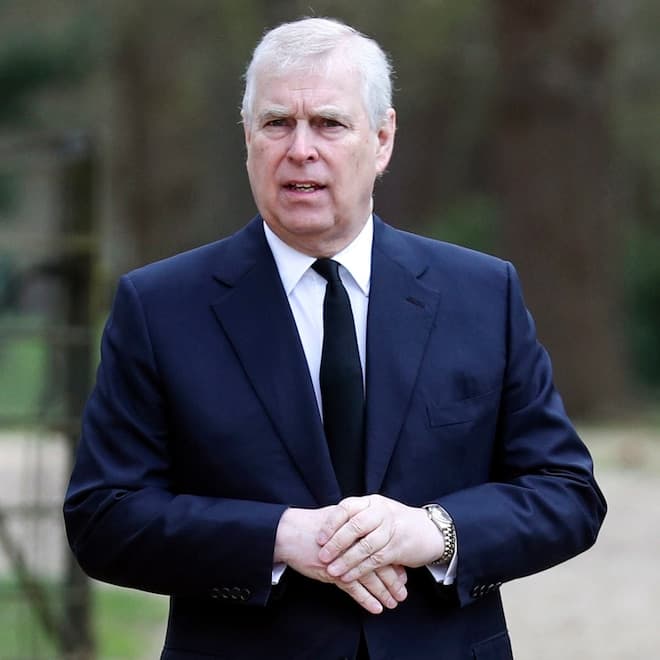Prince Andrew's Name Change: Impact of Title Removal by King Charles

Prince Andrew has officially announced a new moniker after King Charles III stripped him of his Duke of York title on October 27, 2023. This decision comes less than two weeks after Andrew confirmed he would no longer use this title or its associated honors. According to royal sources, this move signifies a broader strategy by King Charles to modernize the monarchy and distance it from past controversies.
This marks the third time a member of the British royal family has faced a title removal as part of a significant reputation management strategy. Previously, in 2020, Prince Harry and Meghan Markle relinquished their royal duties and titles to pursue careers independent of royal obligations, a similar reflection of evolving public expectations.
In removing Andrew's title, Charles joins a growing list of public figures undergoing rebranding in response to public perceptions. Sources indicate that recent scandals involving Andrew, particularly his association with convicted sex offender Jeffrey Epstein, heavily influenced this decision. Following the accusations and significant public backlash, Andrew stepped back from royal duties in 2019.
The removal of Andrew's title is not merely symbolic; it aligns with historical precedents of title stripping within the royal family. According to records, King Edward VIII abdicated in 1936, subsequently losing his titles due to his marriage to Wallis Simpson, a divorcee. Industry experts suggest this reflects a shift toward accountability, prioritizing public image.
Similar to Andrew's situation, the removal of titles or positions has also been witnessed in entertainment circles. For instance, actor Kevin Spacey faced significant backlash in 2017 leading to the loss of multiple awards and nominations amid sexual assault allegations. His career faced severe limitations, highlighting how public image can dramatically alter professional trajectories.
Industry analysts predict that Andrew will pivot towards the private sector, potentially exploring avenues in consultancy or non-profit work. His experience navigating complex public relations challenges could be valuable. However, his tarnished reputation may hinder opportunities in reputable organizations.
Chronologically, this name change follows a series of royal adjustments. Just last year, in September 2022, following the passing of Queen Elizabeth II and the subsequent ascension of Charles III, substantial changes have emerged within the royal family structure. Expect further announcements regarding royal titles and responsibilities as King Charles continues to re-evaluate the monarchy's public role.
In conclusion, the decision to strip Prince Andrew of his title showcases King Charles III's intent to prioritize the monarchy's integrity. Future implications may include stronger scrutiny of royal members’ associations and expectations of transparency. With title removals becoming more common, this could be a precursor to evolving standards for royal conduct moving forward.
Celebrity Photos
8 photos

Stassi Schroeder Begins Production on Solo Docuseries ‘Stassi Says’

Lucien Laviscount Hints at Shocking Twists in ‘Emily in Paris’ Season 5

Jaime King Expresses Enthusiasm for Taylor Swift's Engagement to Travis Kelce

K-Pop Demon Hunters Inspires Celebrity Kids for Halloween Costumes

Jordon Hudson's Halloween Costume References Bill Belichick Interview Controversy

Carlos Eric Lopez Hosts Dia de Muertos Gala with Camila Cabello, Miguel and Nicole Richie

Kourtney Kardashian Expresses Discontent with Sisters Kim and Khloé Over Comments in New Season of 'The Kardashians'

Liam Gallagher Critiques Fan Who Ignited Flares at Oasis Concert in Australia

